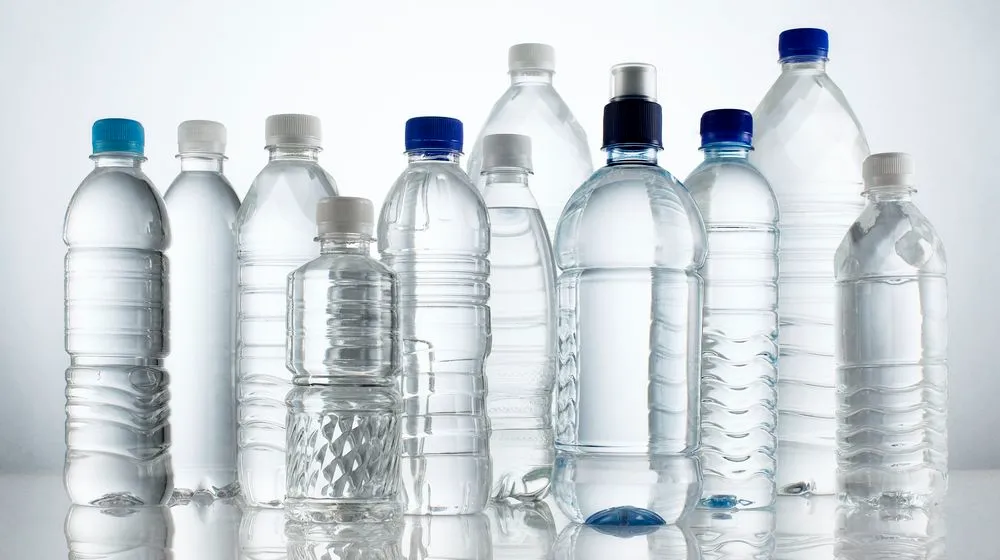40% of bottled water in KP declared unsafe for drinking.
The Khyber-Pakhtunkhwa Food Safety and Halal Food Authority has revealed alarming results from its first province-wide bottled water testing drive, showing that nearly 40% of samples failed to meet safety standards and were declared unfit for human consumption.
A total of 156 bottled water samples of different sizes — including 19-litre, 1.5-litre, 500ml, and 300ml bottles — were tested at the newly established Provincial Food Testing Laboratory and Research Centre. Of these, 59.61% met quality benchmarks, while 40.39% fell below the standards set by the Pakistan Standards and Quality Control Authority (PSQCA).
During the briefing to Provincial Food Minister Zahir Shah Toru, Authority Director General Wasif Saeed revealed that 56 water source samples were also tested; 27 passed, while 29 were declared unsafe.
The report flagged serious health risks, revealing that 61 bottled water samples carried microbial contamination, including Coliform, Fecal Coliform, E. coli, and Pseudomonas aeruginosa. In addition, two samples contained harmful chemicals.
These contaminants, officials warned, pose significant threats to public health.
According to the Authority’s data, 143 licensed water plants in K-P produce around 419,000 litres daily, but more than 117,000 litres were found substandard during the testing period, which ran from August 23 to September 19.
The Food Authority announced that the campaign will now be extended to water filtration units and household sources to further safeguard consumers.
Heavy fines have already been imposed on companies whose products failed testing, while substandard stocks have been recalled and destroyed. Production at non-compliant plants has been suspended until corrective measures are taken and fresh samples pass laboratory checks.
Minister Zahir Shah Toru praised the initiative, calling it a landmark in protecting consumer rights. He credited Chief Minister Ali Amin Gandapur’s orders for launching large-scale food and beverage testing drives through the new provincial laboratory.
“We are committed to rooting out substandard and hazardous products from the market. By ensuring food safety, we will reduce the burden on hospitals and protect public health,” the minister stated.
He emphasized that the government’s strict testing regime is not only about safeguarding health but also about helping legitimate businesses improve production quality in line with national and international standards.
